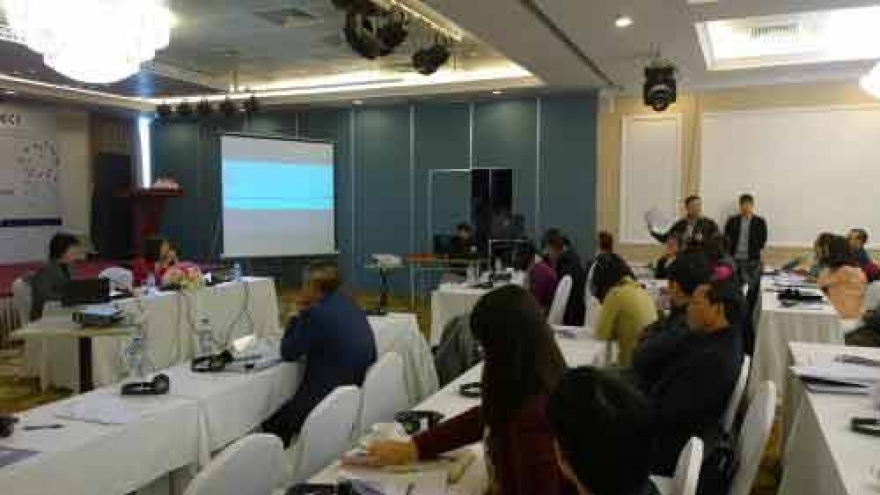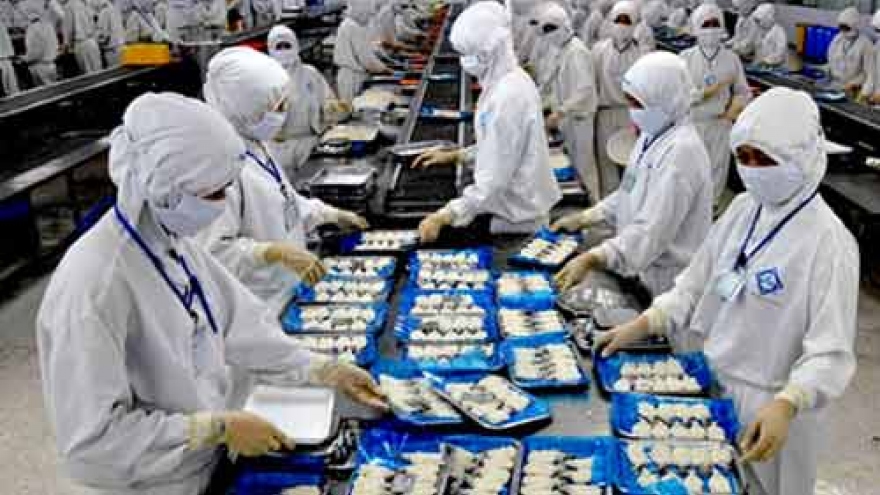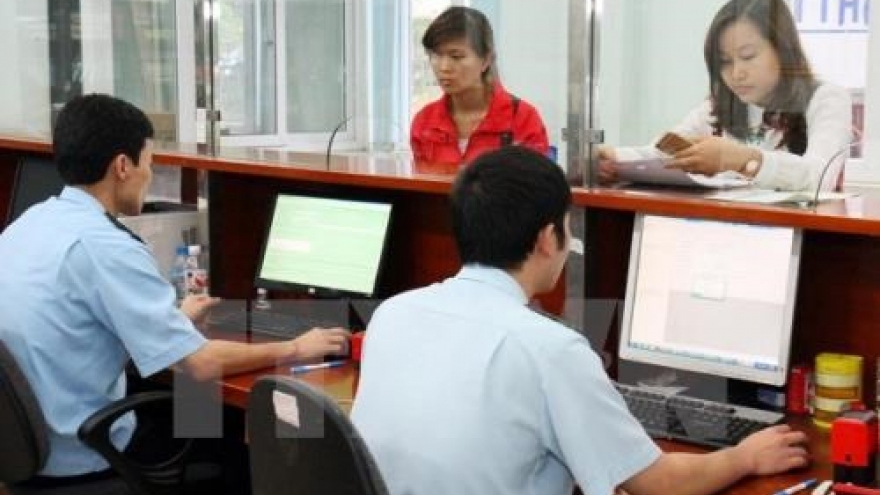Laws’ compatibility with EVFTA commitments on investment reviewed
A conference was held in Hanoi on March 16 to review Vietnam’s legal framework against the commitments of the EU – Vietnam Free Trade Agreement (EVFTA) on investment.
The EVFTA’s chapter on investment comprises three sections: liberalisation of investments, investment protection, and investor – State dispute settlement, according to the VCCI.
 |
However, the trade deal contains many issues in the settlement of disputes between investors and the State that are not in line with existing relevant regulations in Vietnam.
Vietnamese arbitrators and laws are also unable to solve such disputes. For example, local laws are now not in conformity with the EVFTA commitments on compulsory purchase and requisition, or compensation.
To address the incompatible points, Trang suggested the National Assembly make a specific law on implementing the EVFTA’s chapter on investment, instead of reviewing entire existing legal regulations on investment.
Vietnam and the EU concluded negotiations on their FTA in Brussels last December. The FTA is said to be an inclusive and high quality agreement that ensures the balance of interests for both Vietnam and the EU, with due consideration of the development gap between the two sides.
The pact covers the trade in goods, rules of origin, customs and trade facilitation, sanitary and phytosanitary measures, technical barriers in trade, trade in services, investment, trade remedies, competition, State-owned enterprises, Government procurement, intellectual property, sustainable development, cooperation and capacity building, legal and institutional issues, as well as new approaches to investment protection and settlement of investment disputes.
The EU is currently the second biggest trade partner of Vietnam, with two-way trade increasing from US$17.75 billion in 2010 to US$36.8 billion in 2014.



